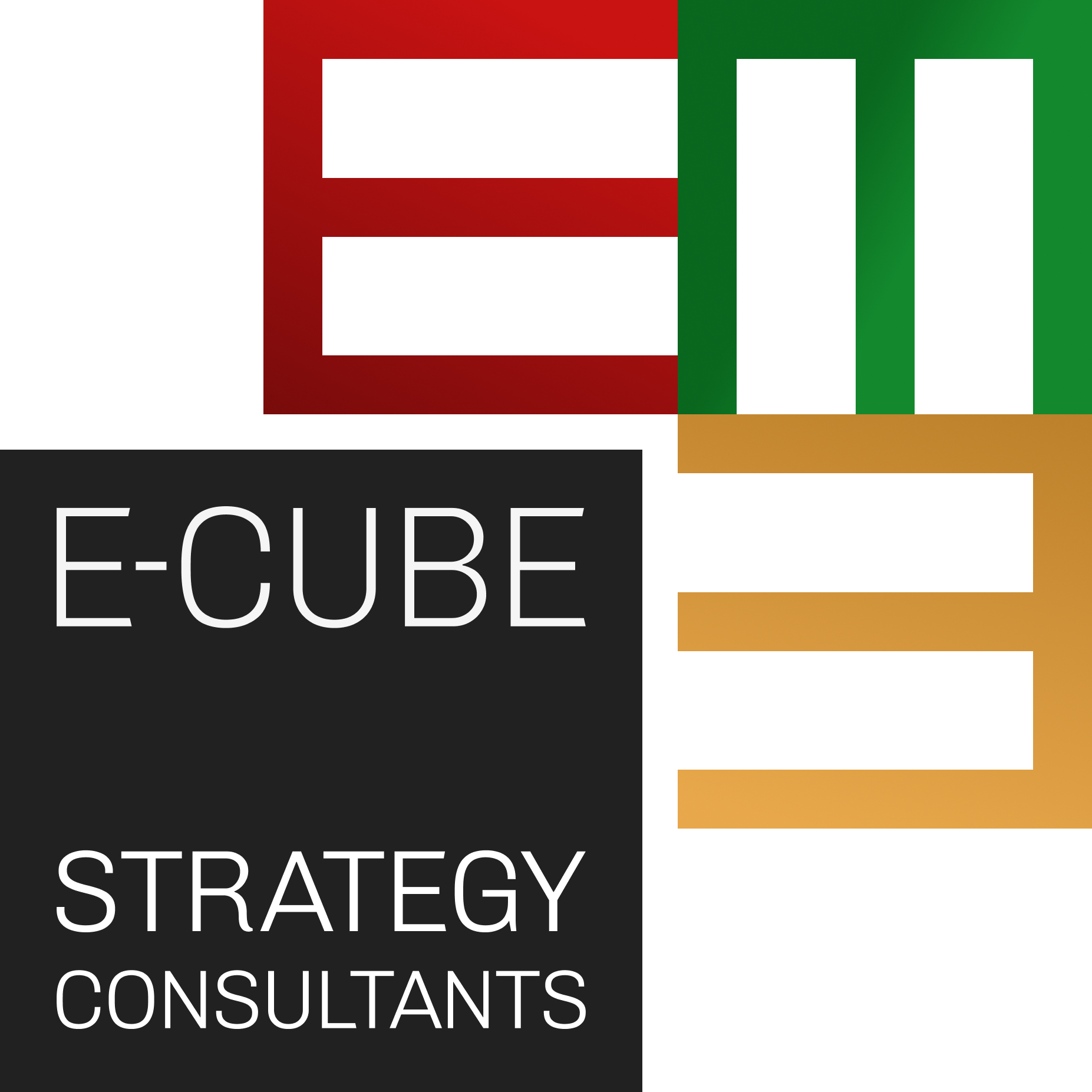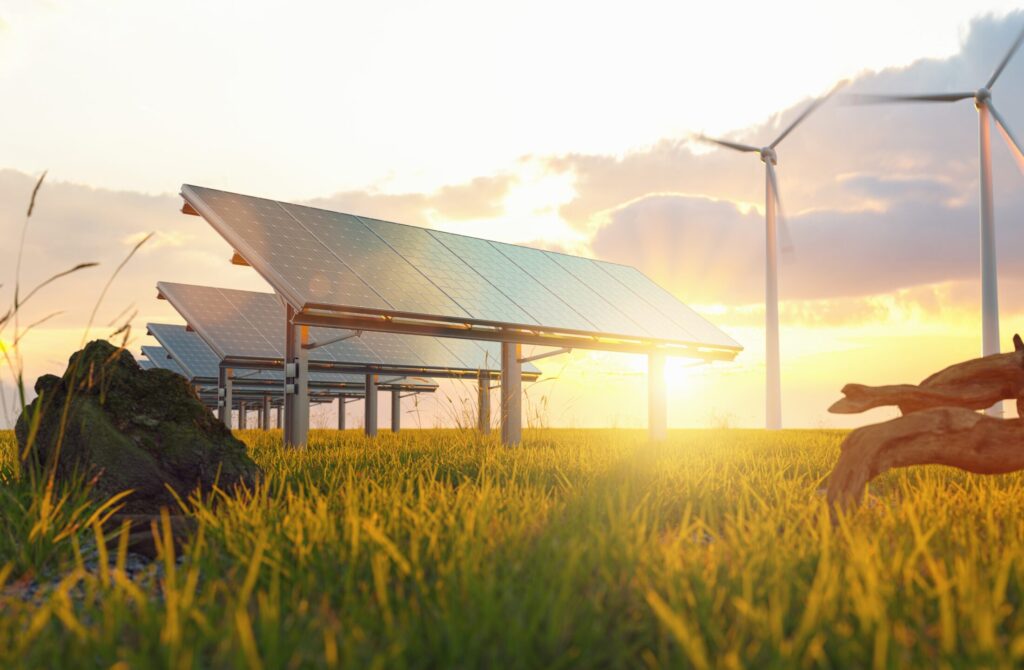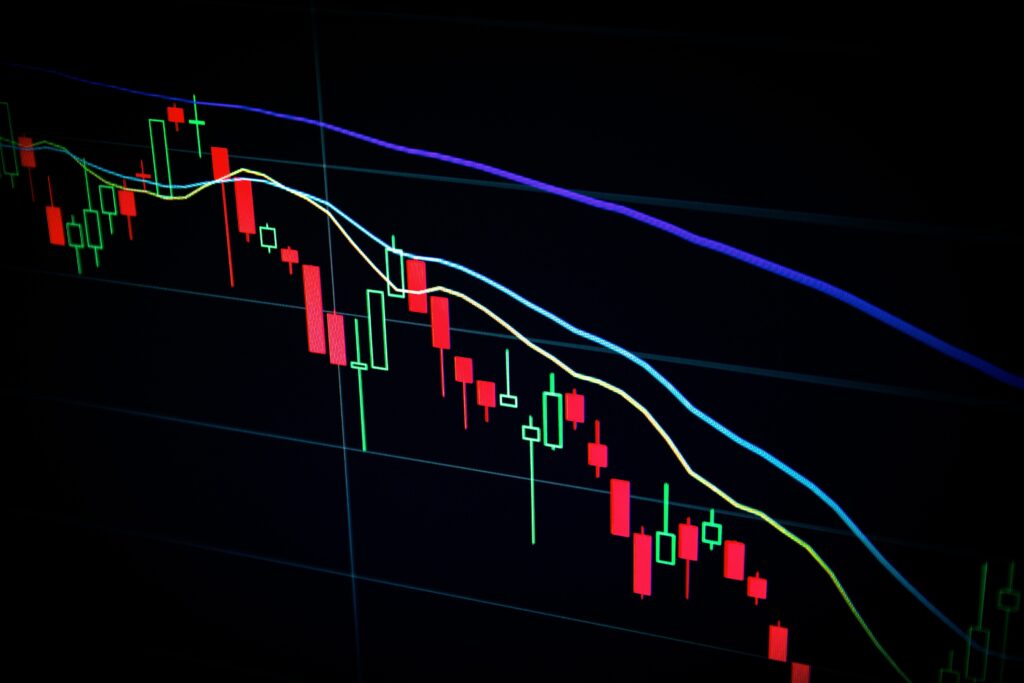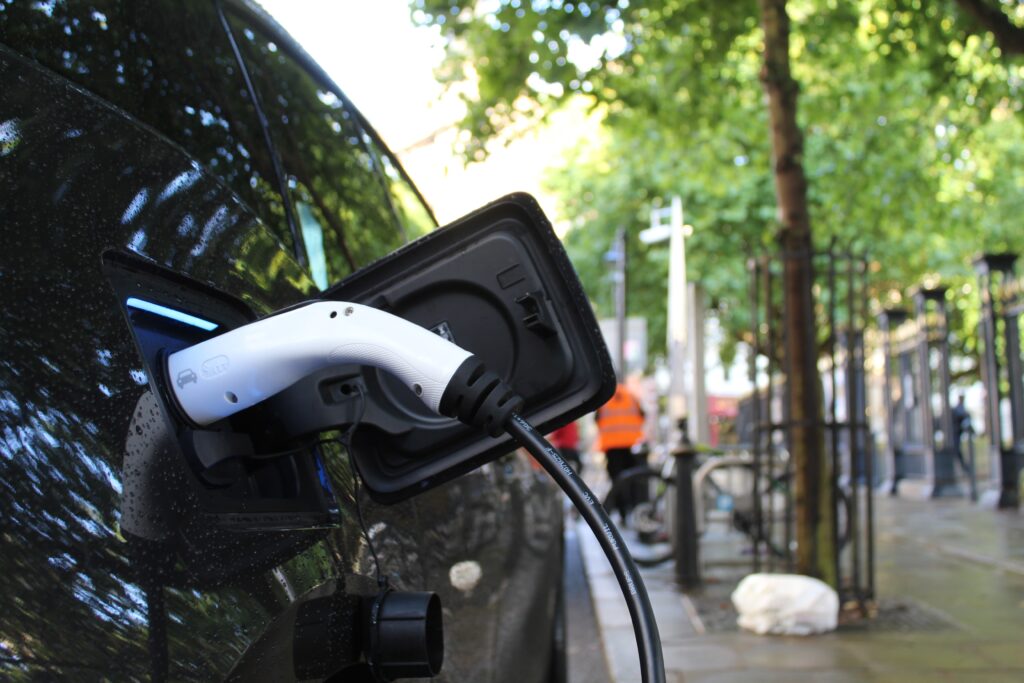Renewable Energy in France in 2026: An Industry That Must Reinvent Itself Along Two Strategic Axes – “Consolidator” and “Developer 2.0”
The past year has been paradoxical for the renewable energy sector in France. On the one hand, it was one of the best years for commissioning, with approximately 6 GW of solar PV (vs. 5 GW in 2024 and 0.9 GW in 2015) and around 2 GW of wind (vs. 1.2 GW in 2025 and 1 GW in 2015), as well as an exceptional year for solar “order intake.” On the other hand, it marked the beginning of a sharp trend reversal due to the end of certain historical mechanisms that drove volumes (e.g., the S21 scheme), delays in publishing PPE 3 and in CRE-organized tenders, declining and uncertain government ambitions in the face of electricity demand that remains well below forecasts (around 460 TWh for 2025, i.e., 6–7% below the 2014–2019 average), and a gloomy economic and budgetary context.
2026 will usher in a new era, with two possible paths for industry players: “Consolidators” and “Developer 2.0.”
Consolidators will primarily focus on strengthening (or consolidating) performance across their own operating and development asset portfolios:
- Securing longer land lease durations,
- Accelerating repowering when the techno-economic and regulatory context allows, to benefit from the massive “cost-power-surface” improvements seen over the past 15 years (in solar, costs have dropped tenfold in 15 years),
- Leveraging connection capacity through battery co-location strategies,
- Optimizing asset management performance,
- And concentrating on developing the most efficient plants.
Secondly, these players will play a consolidation role in the industry by participating in the new wave of M&A that began in late 2025.
Developer 2.0 will aim to pursue an ambitious strategy of developing new projects by working on the competitiveness of their output on one hand, and ensuring the monetization of their electrons all the way to end consumers on the other. On the competitiveness side, they will seek procurement, process, and organizational performance (digitalization, scaling and industrialization, make-or-buy strategies, etc.). On the monetization side, they will develop new activities to secure growth and profitability: aggregation, which is essential for new renewable commercialization models (via corporate PPAs, individual or collective self-consumption), and even electricity supply activities targeting customer segments suited to consuming these outputs. Diversifying renewable assets (solar, wind, small hydro, and even batteries) to offer greater flexibility and a broader range of electrons on the market will also be a strategic pillar for these players.
Of course, most industry players’ strategies will include elements of both “Consolidator” and “Developer 2.0,” but the proportions will vary significantly.
Since its creation in 2009, E-CUBE has supported the French renewable energy sector. In this decisive year of 2026, we will stand alongside investors, executives, and companies to help navigate this new stage.
E-CUBE has developed strong expertise in Renewable Energy through its recent projects and the experience of its consultants. We would be delighted to discuss these market perspectives and opportunities with you. Please feel free to contact the experts below to schedule a conversation on the topic.







